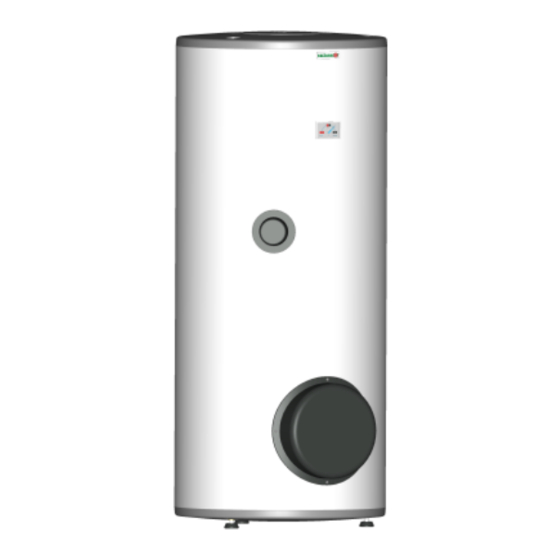Drazice OKC 160 NTR / BP Panduan Pengoperasian dan Pemasangan - Halaman 12
Jelajahi secara online atau unduh pdf Panduan Pengoperasian dan Pemasangan untuk Pemanas Air Drazice OKC 160 NTR / BP. Drazice OKC 160 NTR / BP 18 halaman. Stationary water heaters
Juga untuk Drazice OKC 160 NTR / BP: Panduan Pengoperasian dan Pemasangan (17 halaman), Panduan Pengoperasian dan Pemasangan (12 halaman), Panduan Pengoperasian dan Pemasangan (20 halaman), Panduan Pengoperasian dan Pemasangan (20 halaman), Panduan Pengoperasian dan Instalasi (20 halaman), Panduan Pengoperasian dan Pemasangan (18 halaman), Panduan Pengoperasian dan Instalasi (13 halaman)

